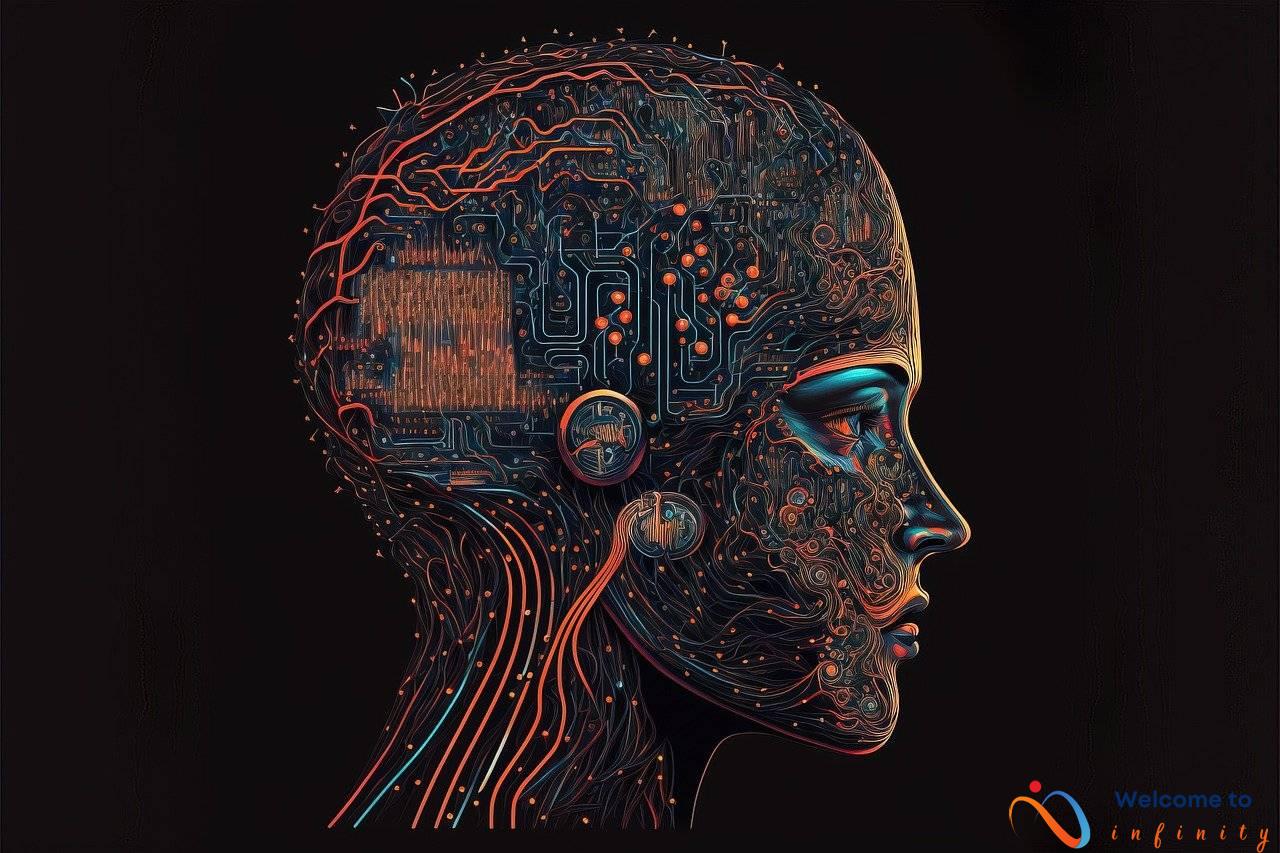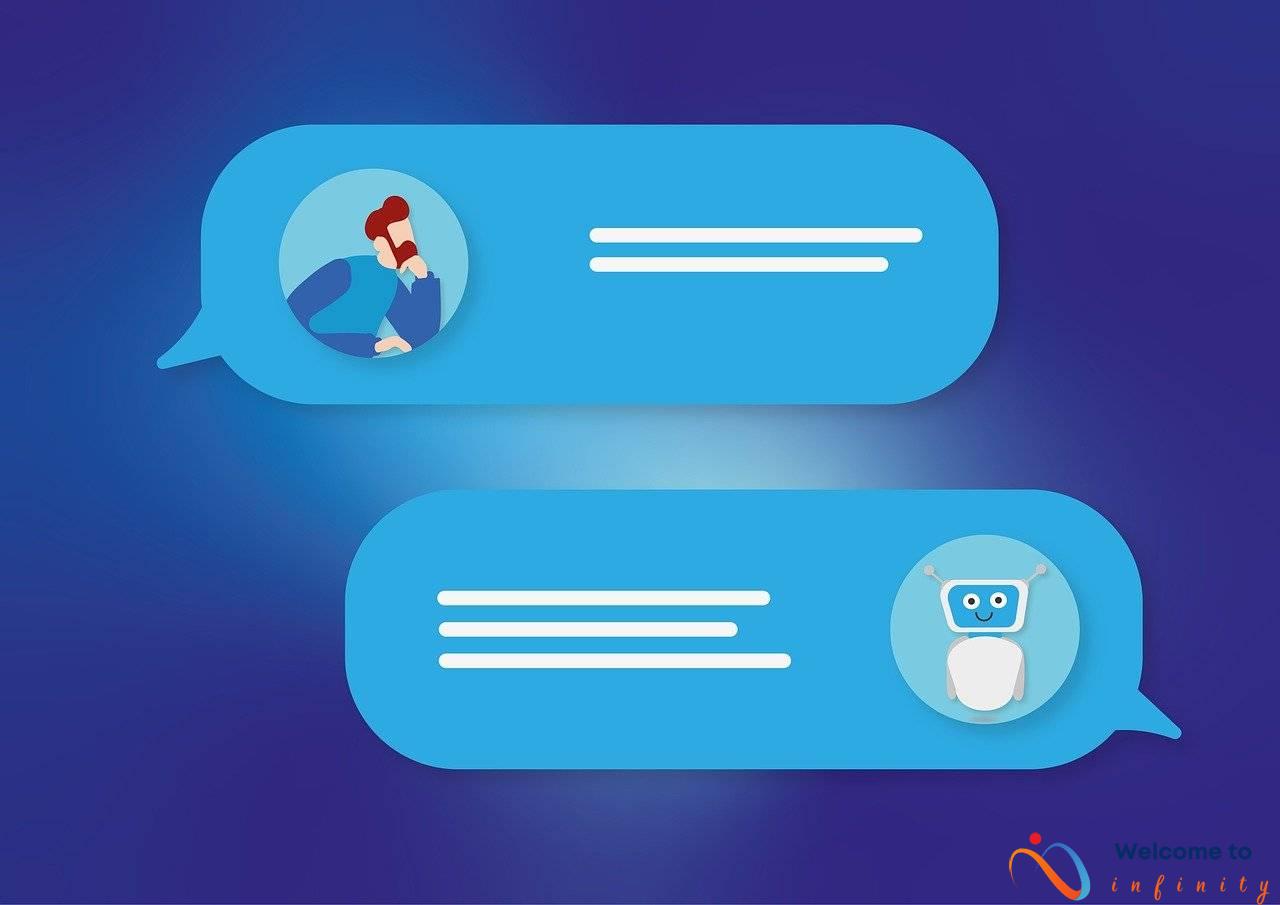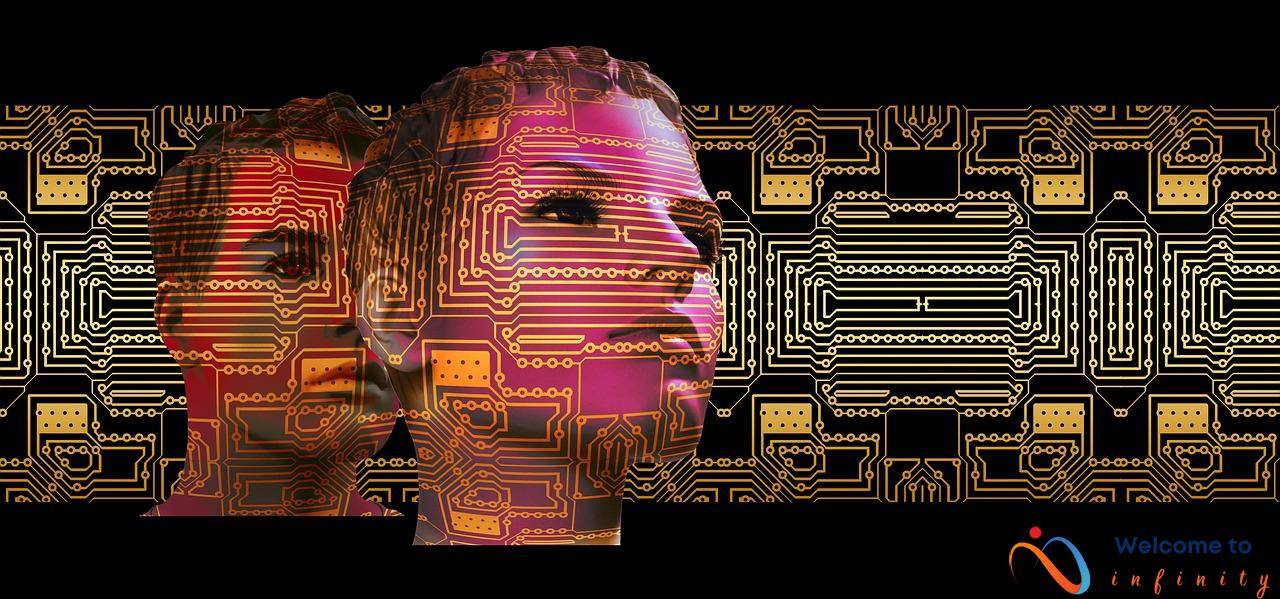Artificial Intelligence (AI) has brought about a revolution in the way companies engage with their customers. By adopting AI-powered personalization tools, companies can offer tailored user experiences across various industries.
The goal of personalization is to provide customers with customized products, services, and experiences that meet their individual needs. This approach enables companies to connect with customers better, foster engagement and loyalty, and ultimately increase revenues.
AI-powered personalization tools are now extensively used across various industries like manufacturing, retail, healthcare, and banking. These tools enable companies to enhance their products and services, provide improved customer experience and offer new business opportunities.
For instance, in the manufacturing industry, AI-powered machine learning algorithms are used to enhance production processes and provide product recommendations to clients based on their preferences. In the retail industry, personalized product recommendations, tailored discounts, and optimized marketing campaigns are possible by leveraging customer data. In the healthcare industry, personalized medication and treatment schedules are offered based on patient history, while in the banking industry, personalized banking experiences and investment recommendations are provided using AI-powered tools.
The use of AI-powered personalization tools is rapidly increasing across industries as companies realize its potential to enhance customer experience and drive business growth. Utilizing cutting-edge AI technology, businesses can now provide hyper-personalized user experiences to their clients, and by doing so, they meet the changing needs and expectations of their customers.
Manufacturing
AI-powered machine learning tools have transformed the manufacturing process, resulting in higher efficiency and productivity. These advanced technologies help manufacturers improve their production processes and gain a competitive edge in the market.
AI-based algorithms analyze historical production data to identify trends and patterns. These insights help manufacturers optimize their production processes, minimize defects, and reduce waste. AI-powered predictive maintenance tools monitor machinery and equipment, predicting maintenance needs before any issues arise, minimizing downtime and maximizing production efficiency.
Personalized product recommendations based on customer behavior are another key aspect of AI-powered personalization in manufacturing. By analyzing customer data, AI systems can recommend add-ons, upgrades, and accessories that match each customer's needs and preferences. As a result, manufacturers can not only boost sales but also enhance customer satisfaction.
Moreover, AI-powered solutions can work seamlessly with traditional manufacturing processes to aid in the design and creation of complex products and components. They help to design and plan the production operations, comprehensively track the production process, and monitor the quality of the final products.
Retail
Retail companies have been using AI-powered tools to offer personalized recommendations to their customers. Based on a user's shopping history and browsing behavior, AI algorithms can suggest products that are most likely to interest them. This leads to higher customer engagement and loyalty, ultimately resulting in increased sales.
Moreover, AI helps retailers to tailor discounts to individual customers. By analyzing purchasing patterns and identifying what items are popular among different user groups, retailers can offer targeted discounts that optimize customer retention. AI also helps retailers optimize their marketing campaigns, by identifying customer segments and offering targeted promotions. By leveraging AI, retailers can create personalized and efficient campaigns that are tailored to fit specific audiences.
One of the emerging technologies that are being used by retailers is augmented reality. AR helps customers to interact with products in a virtual environment and visualize how the product would look in real life. This improves the customer experience and simplifies the decision-making process.
Furthermore, AI-powered chatbots have been incorporated into customer service channels, which enables customers to receive personalized assistance and guidance. Chatbots can answer customer queries, suggest products, and handle transactions. By leveraging chatbots, retailers can improve customer satisfaction and reduce costs associated with customer service operations.
E-commerce
E-commerce companies have realized the importance of providing a personalized shopping experience to their customers. With the help of AI-powered tools, they gather data on customers' shopping history, browsing behavior, and purchase patterns to offer recommendations that are tailored to their individual preferences.
This approach not only enhances customer experience but also increases the chances of customers making a purchase. A study conducted by Barilliance found that personalization technologies lead to a 28% increase in conversion rates and a 26% increase in revenue per visitor.
E-commerce companies also use AI-powered chatbots to provide quick and personalized customer service. These chatbots can handle customer queries, suggest products based on browsing behavior, and even process orders, providing a seamless shopping experience.
Another significant benefit of using AI in e-commerce is its ability to optimize pricing. By analyzing market trends, competitor prices, and customer behavior, AI-powered pricing tools can help companies set prices that are tailored to different segments of customers. This approach not only ensures competitiveness but also increases customer loyalty.
Overall, the use of AI in e-commerce has transformed the shopping experience, making it more personalized and customer-centric. Companies that leverage AI-powered tools have a competitive advantage over those who do not and are likely to see an increase in customer engagement, retention, and revenue.
Brick-and-mortar stores
Physical retail stores have been experiencing a decline in their business for some years now, mainly due to the great growth of online commerce platforms. However, with the incorporation of AI-powered technologies such as facial recognition and heat mapping, retailers can offer new and personalized experiences to customers, making the shopping experience more engaging and customer-oriented.
Facial recognition technology allows retailers to recognize customers, collect data about their shopping behavior, and make personalized purchasing recommendations. This technology also allows physical stores to provide improved customer service, as it enables sales associates to access customer profiles and preferences in real-time to make personalized recommendations.
Heat mapping is another technique used by physical stores to optimize inventory management and customer experience. This technology provides a visual representation of the store's busiest and least busy areas, display windows, and layout design. By analyzing the data provided, retailers can make better decisions about the store's layout, product distribution, and promotional placement, and improve customer service and satisfaction.
Incorporating AI-powered technologies in brick-and-mortar stores has proven to be beneficial for retailers, as it enhances the customer experience and optimizes inventory management and store layout design. Moreover, by providing personalized experiences to customers, retailers can enhance brand loyalty and increase sales.
Healthcare
AI-powered personalization is transforming the healthcare industry by providing unique, personalized treatment plans for patients. With AI, doctors and healthcare providers can analyze a patient's specific health and treatment history and create individualized medication and treatment schedules.
By using machine learning algorithms, AI is able to provide tailored medical solutions that take into account a patient's individual needs and genetic makeup. This has led to a significant improvement in medical care, making treatments more effective, and reducing the likelihood of treatment side effects.
AI-powered personalization also allows for a more efficient use of healthcare resources, as it enables doctors to provide the most effective treatments based on each patient's unique needs. This not only saves time but also reduces healthcare costs and helps to increase patient satisfaction.
- Improved accuracy in diagnoses and personalized treatment plans
- Reduction in treatment side effects
- Easier and more efficient use of healthcare resources
The use of AI-powered personalization in healthcare has endless possibilities that can revolutionize the industry. As technology continues to advance, we can expect to see even more innovative solutions that improve the standard of care for patients and provide a more efficient use of healthcare resources.
Clinical research
In clinical research, AI-powered technologies are used to analyze large datasets and predict outcomes in clinical trials. By analyzing the data, AI can help doctors make more accurate diagnoses and provide personalized treatment recommendations to patients. This is especially helpful in cases where traditional methods fall short, such as in the case of rare diseases where there is limited data available.
AI can also help doctors identify potential side effects and predict how patients may react to certain treatments. By analyzing patient data, AI can create personalized treatment plans that take into account patient history and other relevant factors, improving treatment outcomes and reducing the risk of adverse reactions.
Additionally, AI can help researchers identify new treatment options by analyzing large amounts of data and identifying patterns. By understanding how different treatments affect patients, researchers may be able to develop new drugs or therapies that are more effective and have fewer side effects.
Overall, AI-powered technologies are revolutionizing clinical research by providing doctors and researchers with powerful tools that can help improve patient outcomes and develop new treatment options. However, it is important to note that AI is not a replacement for human expertise and decision-making. Rather, it is a tool that can help doctors and researchers make more informed decisions and provide better care to patients.
Disease prevention and detection
AI-powered personalized medicine offers significant advantages, particularly in disease prevention and detection. By analyzing patient symptoms and medical history, AI can identify diseases at an early stage, when treatment is most effective. In addition, it can monitor individuals for any risk factors and provide tailored treatments that suit their individual needs.
AI can also identify patterns and anomalies in health data, allowing doctors to predict the likelihood of specific diseases and suggest preventative measures to avoid them. This predictive ability has a significant impact on public health, allowing doctors to take necessary steps before an outbreak spreads.
Moreover, with the vast amount of health data generated every day, AI algorithms can help doctors to uncover meaningful insights that may not be apparent through manual analysis. This data-driven approach can help doctors to make more informed decisions and diagnose complex diseases with more accuracy.
AI-based decision support systems aid doctors to keep up with a fast-paced medical industry. AI-powered personalization helps physicians to deliver better medical advice to their patients, leveraging accurate data-driven insights that are more likely to lead to a positive outcome. With these advanced AI tools in place, disease prevention and detection become more efficient in ensuring better patient outcomes.
Banking
Banking is one of the industries that have been heavily impacted by AI-powered personalization. AI helps banks to create personalized banking experiences that cater to each customer's needs. With AI-powered tools, banks can easily track their customers' behavior and offer tailored financial solutions to their clients.
Moreover, AI-powered tools assist banks in developing tailored loan and investment products to help customers achieve financial goals. For instance, AI-powered tools can analyze a customer's investment history and preferences to provide recommendations that match the customer's financial goals. Personalized investment recommendations based on customer preferences and financial backgrounds boost customer satisfaction.
AI-powered tools like chatbots provide personalized customer service, make banking easier, and optimize customer interaction. Chatbots can assist customers in banking activities such as bill payment, account opening and real-time balance information. AI-powered chatbots can interact with customers 24/7, provide immediate and accurate responses, and offer personalized financial guidance by analyzing customer behavior.
In summary, AI-powered personalization tools help banks improve customer experiences, provide personalized loan and investment products, and assist customers in achieving their financial goals. These tools also offer personalized financial guidance, optimize customer interaction, and boost customer satisfaction.
Investments and wealth management
AI-powered personalization tools are revolutionizing the way banks operate in the world of investments and wealth management. By analyzing customer preferences and financial backgrounds, AI algorithms help banks create tailored investment products and provide personalized investment recommendations to their clients.
Gone are the days of cookie-cutter investment strategies that don't take individual customer needs into account. AI-powered recommendations ensure that each customer's unique financial goals and needs are considered, boosting customer satisfaction and trust.
Banks can now provide their clients with personalized investment portfolios, retirement plans, and other investment products that align with their specific financial situations. AI-powered algorithms analyze a vast amount of data to provide personalized recommendations based on a client's risk tolerance, investment history, and financial goals.
This level of personalization in investment and wealth management is a game-changer for the banking industry. Customers can now receive tailored advice and investment strategies that align with their unique needs and preferences, improving their overall financial outcomes and building trust with their bank.
Digital banking
Digital banking has been greatly improved with AI-powered innovations like chatbots. These chatbots provide personalized customer service, making banking easier and more convenient for customers. Chatbots help customers with queries about their accounts, provide information on financial products and services, and help them complete transactions. This reduces the wait time for customers and allows them to receive assistance 24/7.
Chatbots also help banks to optimize their interactions with customers. With chatbots, banks can have more personalized conversations with customers and better understand their needs, preferences, and financial goals. This information can then be used to develop new products and services that are tailored to the needs of customers, thus improving customer satisfaction.
Banks can also use chatbots to reach out to customers with updates on their accounts, remind them of upcoming payments, and offer personalized financial advice. By providing this level of personalization, banks can foster stronger relationships with their customers and improve customer loyalty.
In conclusion, digital banking is greatly improved by AI-powered innovations like chatbots. These chatbots provide personalized customer service, make banking easier and more convenient, and help banks optimize their interactions with customers. As a result, banks can provide better service, develop new products and services, and increase customer satisfaction and loyalty.











